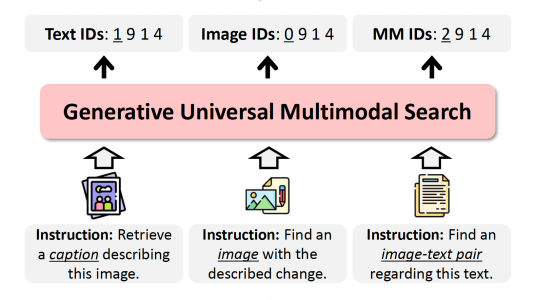Customer-obsessed science


Research areas
-
June 25, 2025With large datasets, directly generating data ID codes from query embeddings is much more efficient than performing pairwise comparisons between queries and candidate responses.
Featured news
-
2025Effectively selecting data from population subgroups where a model performs poorly is crucial for improving its performance. Traditional methods for identifying these subgroups often rely on sensitive information, raising privacy issues. Additionally, gathering such information at runtime might be impractical. This paper introduces a cost-effective strategy that addresses these concerns. We identify underperforming
-
2025Goal-oriented script planning, or the ability to plan coherent sequences of actions toward specific goals, is commonly used by humans to plan for daily activities. In e-commerce, customers increasingly seek LLM-based assistants to plan for them with a script and recommend products at each step, thereby facilitating convenient and efficient shopping experiences. However, this capability remains under-explored
-
2025A generalist foundation model agent needs to have a large and diverse skill repertoire, such as finding directions between two travel locations and buying specific items from the Internet. If each skill needs to be specified manually through a fixed set of human-annotated instructions, the agent’s skill repertoire will necessarily be limited due to the scalability of human-annotated instructions. In this
-
2025Given a semi-structured knowledge base (SKB), where text documents are interconnected by relations, how can we effectively retrieve relevant information to answer user questions? Retrieval-Augmented Generation (RAG) retrieves documents to assist large language models (LLMs) in question answering; while Graph RAG (GRAG) uses structured knowledge bases as its knowledge source. However, many questions require
-
2025Large language models (LLMs) encode vast amounts of world knowledge acquired via training on large web-scale datasets crawled from the internet. However, the datasets used to train the LLMs typically exhibit a geographical bias towards English-speaking Western countries. This results in LLMs producing biased or hallucinated responses to queries that require answers localized to other geographical regions
Academia
View allWhether you're a faculty member or student, there are number of ways you can engage with Amazon.
View all





























